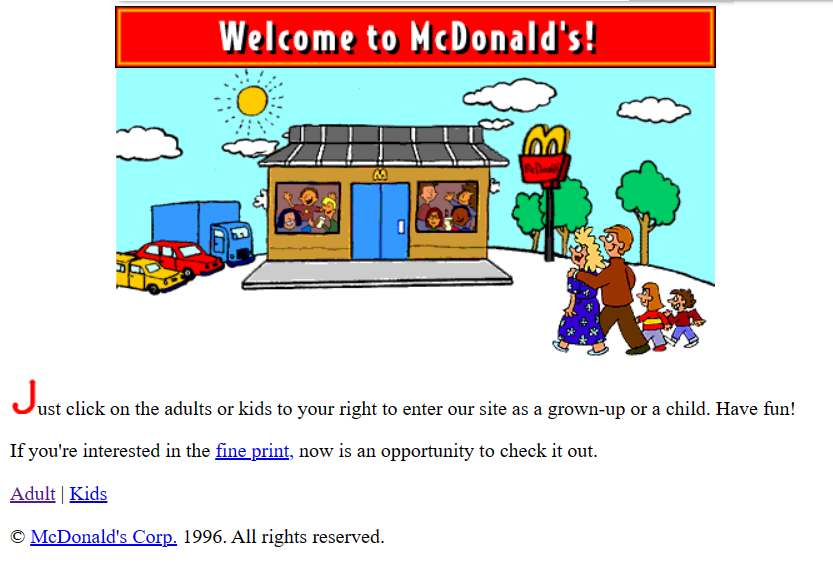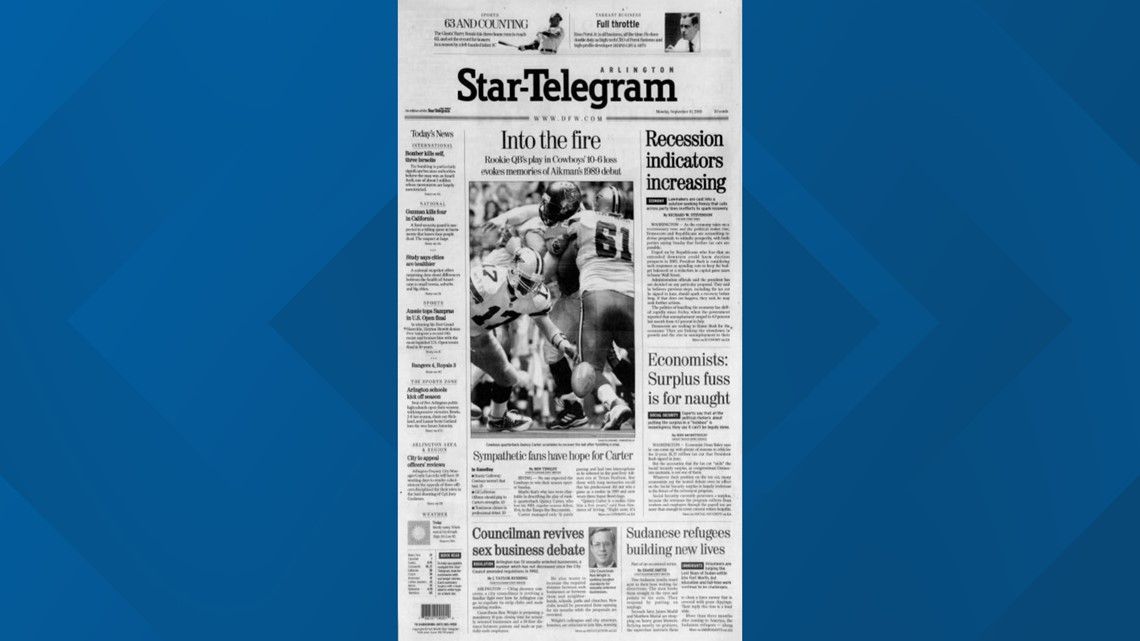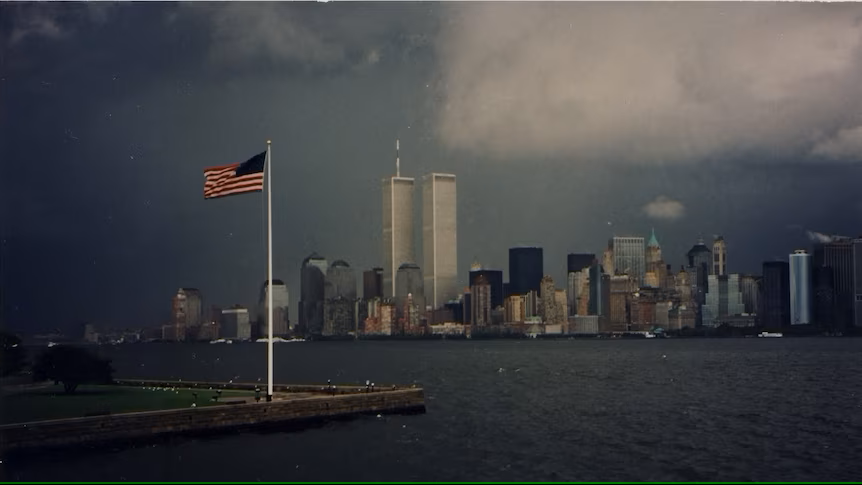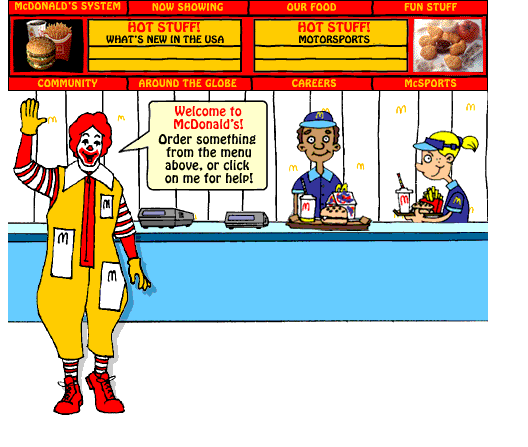I allege the world is unhappy. I'm suspicious of happy people. There is just a general malaise among all people. Perhaps it's the quickness someone can go from being a 'somebody' to being canceled, fired, divorced, or doxed. Some #movement out there wants to take you off your pedestal, no matter how high it is, you think you have tenure - ha!
This makes people sad, not knowing what the next day might bring - even dredging up from their past when they were younger and more naïve about everything life had to offer. Would you want your 18-year-old mouth to say things that would get you fired in a decade? Of course not.
Some people want a return to normal. I don't specifically know what they mean, but they certainly wish for a time before COVID, BLM, Antifa, transgendered sports, Trump, and the 21st-century brand of racism.
I submit that "BLISS," in such a state of mind, was simply ignorant of more significant issues about to threaten us writ large.
They certainly wish for a time the ongoing war with Russia and Ukraine, Israel and Palestine, before America's cities burned, and before Donald Trump came downstairs and announced his candidacy. Politics had been almost generic before Donald Trump landed on the ballot card.
We were as naïve in 2019 before the pandemic as we were on September 10th, 2001, the day before people flew planes into buildings on LIVE TV. Our innocence was shattered. I can prove to you how innocent we were.
Here is the original webpage for McDonald's in 1996. This is where our minds were at, and this was our level of sophistication:

That is the average 2001 person's mentality that got hit a few years later on September 11th. We were a race of children. A child became a man that day. A little girl became a woman - just like that. Imagine the people we were in 1996 using THIS kind of "simple" internet. Today, we'd say children designed it.
We were a young and innocent world. It's almost offensive to see how the internet has grown around us, what we're used to about today's internet, and how it envelopes itself through our psyche. If you understand one thing from this article, the internet grew up too fast, loose, and angry. We didn't know such living was "bliss" until September 11, 2001, changed our world in a few hours. Things like the Twin Towers only happened in movies.
If you are old enough to remember watching September 11th LIVE, do you remember what other headlines dominated our eyeballs?
These were the top headlines in Newsweek for September 10, 2001.
MICROSOFT PLANS TO WIN WITH NEW XBOX September 10, 2001
Bill Gates is moving in to take over your home with video games. Microsoft is already working on the next generation of its Xbox gaming console.
ALL EYES NOW ON CONSUMER SPENDING September 10, 2001
Investors will be closely watching economic indicators this week in the wake of a devastating jobs report last Friday that Wall Street fears could tip the nation’s economy into recession.
SUCH GOOD 'COMPANY' September 10, 2001
If television can come up with an adorable gangster, why not a lovable CIA too? For years, the intelligence agency has had a serious image problem.

Contrast McDonald's 1996 foray into the electronic realm - to today's 2023 iteration of the CGI-washed, 4K, dynamic LED Hi-Def McD's flashy app on your iPhone 15 and its dizzying screens begging your thumb to click on more choices of cheap and innutritious dopamine-laden Happy Meals.

On September 11th, 2001, two hijacked planes smashed into the World Trade Center towers, the largest in the world, and over two hours, brought them to smoking husks, with thousands dead.
If you look at the panic caught on video in those dizzying hours, you see the cars we drove, the clothes we wore, the fashion products we thought were fashionable. The 2001 footage is locked into a time machine.
Seriously, we are almost a new breed of humans compared to 2001. Travel quickly got tighter. Airline travel got ridiculous. Policies changed to detriments, cockpit doors were reinforced, travel took twice as long as we all had to take our shoes off, and Homeland Security was created to keep us safer. People scoured. Who could you trust? What was to come? When would the "other shoe drop?"
We had seen armageddon in downtown Manhattan. Suddenly, we were at war with old men half a world away who didn't use computers but traded handheld notes and rode bicycles. And they didn't have McDonald's.
We grew racist against people we weren't really racist against before. Naturally, few Afghani people were in the American limelight. Everyone from the Middle East was suspect. Anytown, USA's convenient anti-bomb disposal unit forces destroyed an innocent knapsack forgotten on some school steps. CCTV cameras went up to catch the country should anything mischievous go down.
We matured! We forfeited human rights so that our shores and skies would be protected. We used our flip-phones to start what would be the electronic, human leash as the iPhone was released six years later. And we haven't looked back except to gasp. Who were those people in 1996, and what were their lives like?
How different is the past from the present?
Comparing the ease of the past to the present is subjective and depends on various factors. Certain aspects of life may have been more accessible in the past, while others are more convenient now.
Communication has significantly improved with modern technology. Instant messaging, emails, video calls, and social media platforms have made communication faster and more accessible compared to the reliance on mail, telegrams, and landline telephones in the past.
Technological advancements have simplified many tasks. Household appliances, transportation, healthcare, and other areas have seen significant improvements, making daily life easier and more efficient.

Work processes have been streamlined through automation and technology, leading to increased productivity in some industries. However, this has also brought challenges such as job displacement and the need for ongoing upskilling to keep pace with rapidly evolving technology.
Global connectivity has expanded with advancements in transportation and communication. Traveling between countries has become more accessible and affordable, offering opportunities to explore different cultures. Globalization has also opened markets for exchanging goods and services across borders.
While technological advancements have brought numerous benefits, they have also introduced new challenges. Information overload, online privacy concerns, cybercrime, and environmental degradation are some of the issues that present unique difficulties in today's era.
It's important to note that perceptions of the past can be influenced by nostalgia and selective memory. Different individuals and generations may hold contrasting views on whether life was easier or more challenging in the past compared to the present.
Because from the hindsight of 2023, we've been through a lotta growing up in 25 years. How do we translate this into happiness? It has something to do with losing the past, forgetting the future, and living in the now.
It's called Mindfulness, and it's used to help everyone from anxiety disorders to PTSD. To reiterate, it only means a mental state achieved by focusing on the present moment while calmly acknowledging and accepting one's feelings, thoughts, and bodily sensations, used as a therapeutic technique. 2023's answer to your greatest woes may be to focus on all you can, specifically on this moment we're living through.
But I'm telling you, "now" will, at one point, be the worst moment you've ever lived through because that is how history seems to work. We never know what we have until it's gone for good. Today's tent cities littering America are another such "now" that isn't so much as a slice of time but a decade of it always being a perpetual "now."
Sorry, there ain't going back to the past. We have a fear of God for the future, and yet we're told, as if we had options, to enjoy the "now."
Happiness isn't experienced. It's remembered as such.
* * *
------------------

